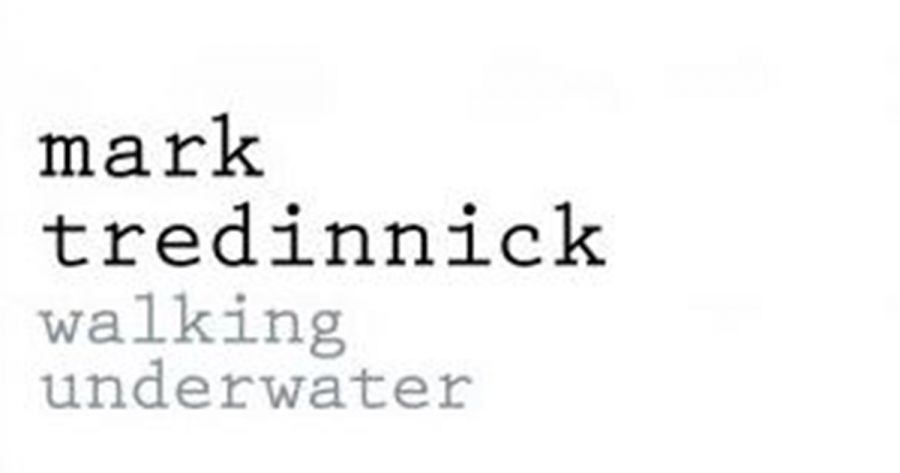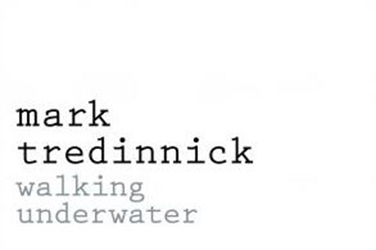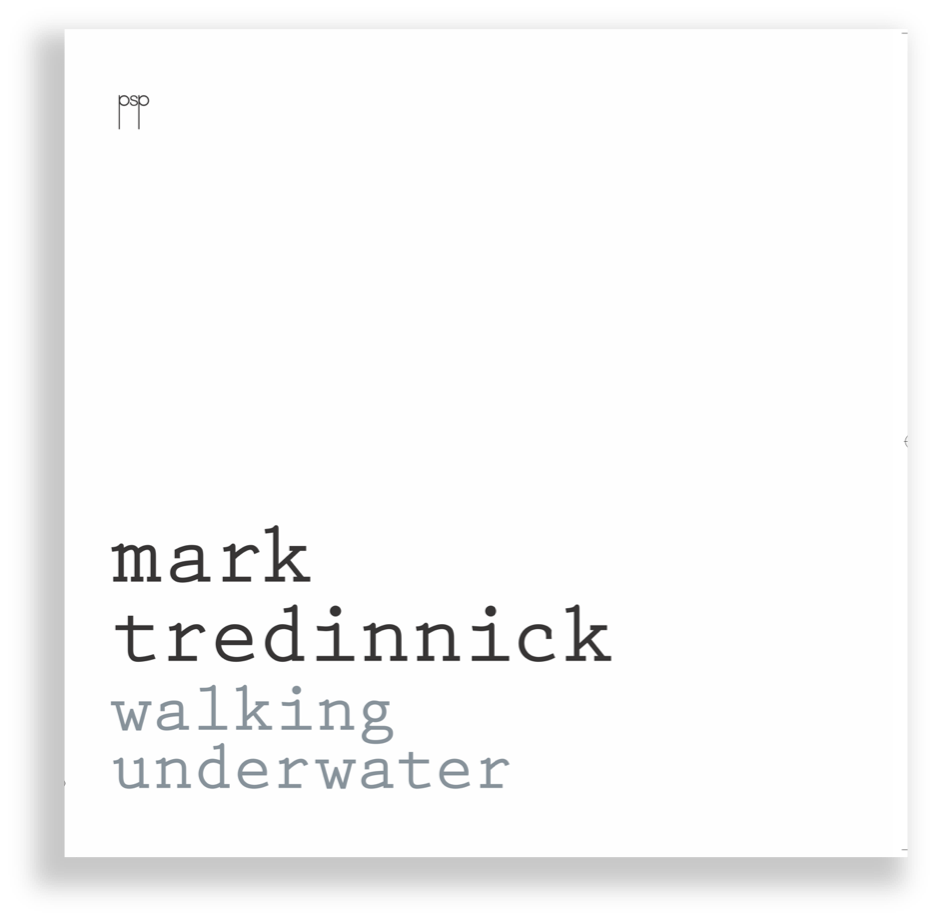
- Free Article: No
- Contents Category: Poetry
- Review Article: Yes
- Article Title: 'An elephant is not logical'
- Article Subtitle: Moments of muted transcendence
- Online Only: No
- Custom Highlight Text:
Mark Tredinnick’s latest collection of poetry, Walking Underwater, continues his exploration of the relationship between individual experience and the natural world that was visible in volumes such as A Gathered Distance (2020), Blue Wren Cantos (2013), and Fire Diary (2010). Tredinnick is well known for his writing of place, notably his innovative local history-cum-memoir The Blue Plateau (2009), a book that traces the lives, histories, and natural systems of the Blue Mountains, where he lives. His writing in both poetry and prose is noticeably belletristic, and his stance broadly romantic. This occasionally droops into piety, but Tredinnick also conjures moments of muted and moving transcendence: ‘A balcony and a morning and a lassitude / Of fog. A sky blindfolded and bound and flogged; a night-time’s / Pleasure only halfway spent. Awake early, I hear a band / Of correllas come. Chaste bandits, their flight a quiet riot, a lewd and holy throng / Of unhinged song.’
- Featured Image (400px * 250px):

- Alt Tag (Featured Image): Tony Hughes-d'Aeth reviews 'Walking Underwater' by Mark Tredinnick
- Book 1 Title: Walking Underwater
- Book 1 Biblio: Pitt Street Poetry, $35 pb, 193 pp
- Book 1 Cover Small (400 x 600):

The heroic absurdity of the elephant in this poem is a little reminiscent of what Barron Field famously achieved with the kangaroo, and it offers a counterpoint to the more po-faced and declarative moments in Walking Underwater. The interrupted enjambment introduces folding points that accentuate a certain tumbling over into sense that poetry can offer. This is one of the strengths of Tredinnick’s technique – knowing how to cut the line – and in this poem it causes an elegant and arresting descent from Proposition to Sense to Mud.
I am not sure if I am alone in wishing for just a bit more mud in Tredinnick’s poems. But that would be to produce a different kind of poetry and these poems have their own integrity and beauty. There is a crystalline precision in the images that pepper the poems, and particularly those that are drawn from the immediacy of Tredinnick’s Blue Mountains, which he has persuaded me to call the Blue Plateau. This is poetry of the ‘eye’ as well as the ‘I’, and it often displays an imagistic brilliance. In ‘October Morning After Rain’, a walk along the coast is captured with effortless concision:
Later we walk the headland down to the shore.
Conglomerate, siltstone, flint, and coal-seam: we descend
Through paperbarks espaliered by salt and onshore winds:
architectures of resistance, they lay down
Their lives and thrive sideways, making torture into art.
The agonistic hermeneutics of the poetry threads its way through images like this, but does not take away from the potency
and sensory clarity of the moment. In these kinds of poems, Tredinnick’s work gains a Heaney-esque muscularity, a sense of thinking through a situation via the particular happenstance that the natural world presents. Such moments also give expression to historical weight, rendered in this case in the morphology of coastal vegetation.
Certainly Australian letters would be much poorer without Tredinnick’s interventions over the past two decades. There is a singularity of vision in his work, one that is not quite of the time, but let’s not kid ourselves that this is the only time to write to. His work offers a sustained engagement with place and with the experience of being in a universe where places are in constant risk of solastalgic disappearance. In The Blue Plateau, it was the Warragamba Dam – which drowned its world in 1960 – that is the emblem of this abyssal loss. In Walking Underwater, it is the animals that are being made extinct before our eyes that provide the shadow of finality. This delivers the bass note in this collection. Walking Underwater represents a maturing sense of the ambivalent wonder that being exposed to nature’s evanescence looks and feels like.


Comments powered by CComment